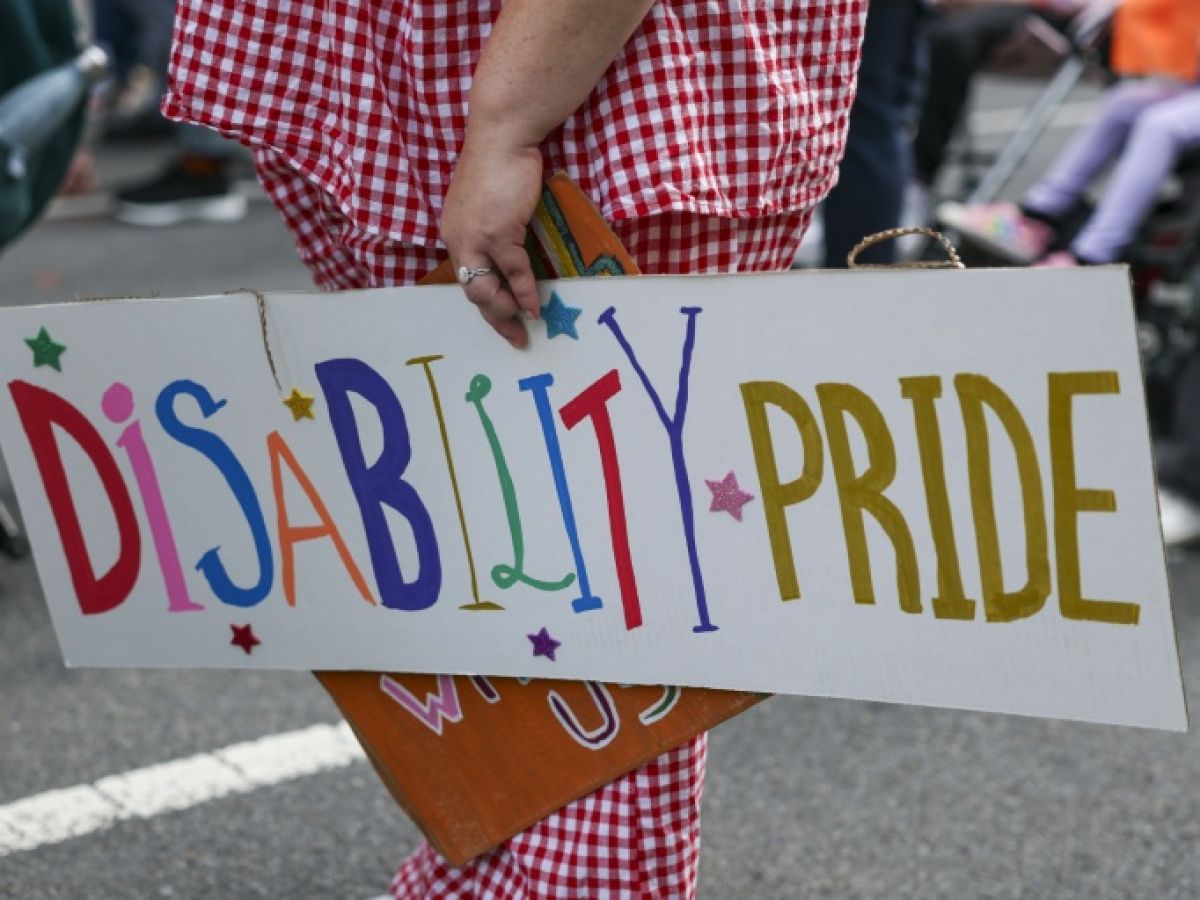William Barnett launched his YouTube channel to showcase his musical talent. But in response to Donald Trump's incessant remarks about autism, he now also uses it to denounce the statements of the American president and his Secretary of Health, Robert Kennedy Jr.
"This has led many autistic people to believe that they have a problem and don't really have a place in society," observes this 29-year-old composer who himself has an autism spectrum disorder.
"I just wonder if they don't see us all as pawns," he confides from his apartment in the Queens neighborhood of New York.
Donald Trump and vaccine skeptic Robert Kennedy Jr., who describe autism as a "horror" or a health "crisis," have suggested, contrary to the scientific consensus, that it could be linked to vaccines or paracetamol.
Mr. Barnett believes these comments only fuel fear among parents and stigmatize people like him.
– “Second family” –
Autism is a neurodevelopmental disorder with a very broad spectrum, characterized by a variety of difficulties in communication, behavior, and social interaction.

According to the World Health Organization, a combination of genetic and environmental factors is likely the cause. Cases have increased in recent decades in the United States and other Western countries, mainly due to improved diagnostic methods, according to specialists.
William Barnett was diagnosed around the age of 3. Growing up, "I kept wondering what my life would have been like if I had been neurotypical," that is, with neurological functioning considered classic, he says. "I just wanted to be normal."
As an adult, graduate and living his passion, he sees it as an advantage, especially with his "second family" in the New York association Autistic Adults NYC.
Led by autistic adults, it recently participated in a pride march dedicated to people with disabilities.
Present in the procession, Sebastian Bonvissuto, 26, said he was "angry" and "frustrated" by the Trump administration: "We are treated as if we don't matter in society."
“It’s difficult,” agrees Maryum Gardner, 26, who was also present and for whom these remarks are “dangerous.” “No matter who you are,” she insists, “you deserve to be treated like a human being.”
– “Not a tragedy” –
For them, as for others interviewed by AFP, the US government should work to better fund services for autistic people if it truly wants to improve things.

While acknowledging that many people suffer from far more pronounced difficulties than his own, William Barnett insists on the risk of an "overgeneralization" of autism by the Trump administration.
The disorder is indeed very broad, with some people needing significant care and assistance throughout their lives, while others are able to live independently.
"My difficulties go beyond what you see on screen or how I present myself in public," he said, adding that he felt very fortunate because he had benefited from years of speech and occupational therapy, as well as socialization courses.
Mr. Barnett notably worked with Elizabeth Laugeson, a professor of psychiatry at the University of California, Los Angeles.
According to this expert, the rhetoric used by the White House regarding autism is centered on the idea of "cure" and recalls a "dark past".
"We have made a lot of progress, and now I feel like we are going backwards," she told AFP.
“Autism is not a tragedy or something to be fixed for many people,” she explains. “It’s a neurodevelopmental difference” that “is part of human diversity.”


